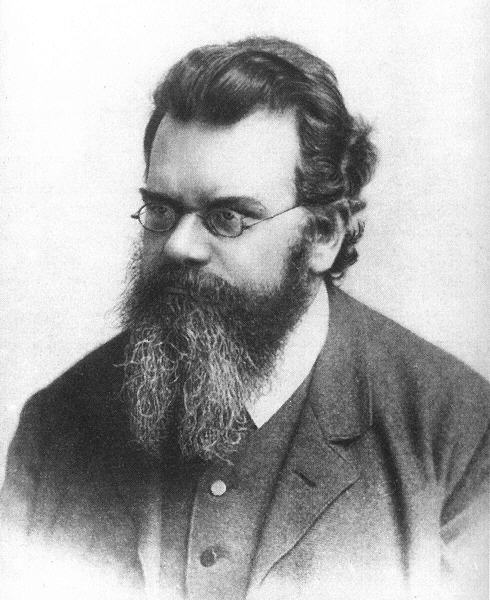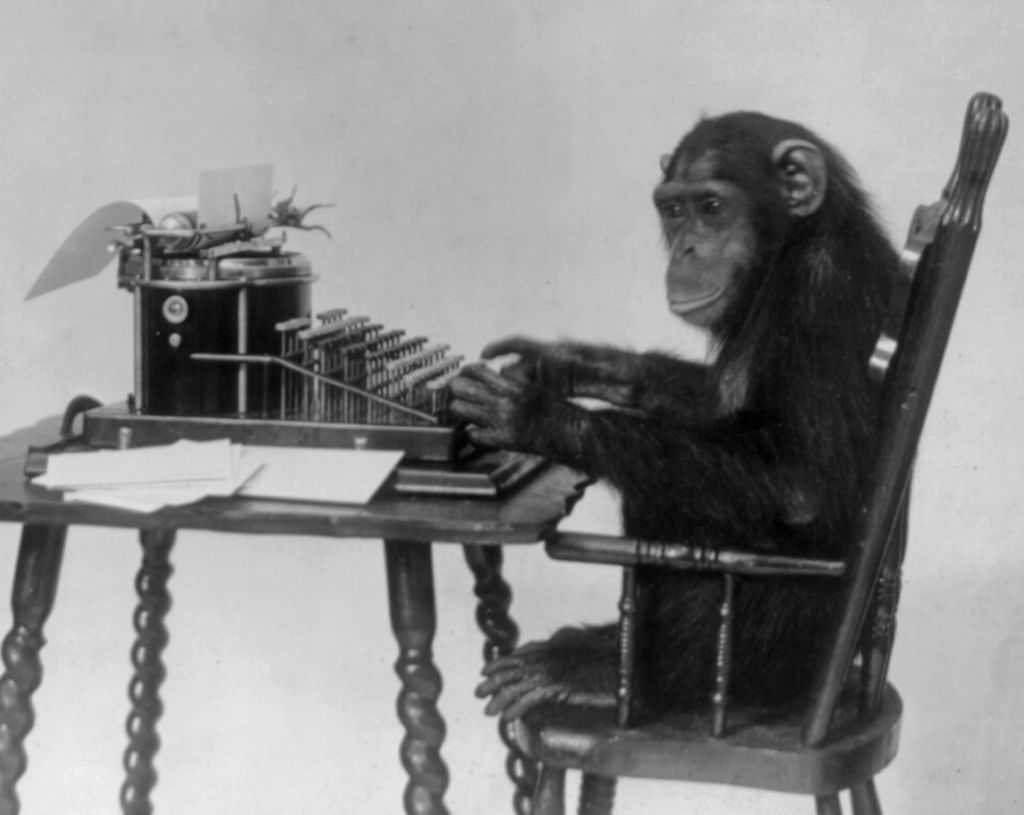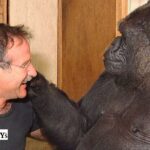No matter how entertaining and surprising experiments in the laboratory are, thought experiments of scientists are always of the greatest interest. The Boltzmann brain is just one of such thought experiments related to consciousness, intellect, entropy, and probability.
The entropy paradox
We live in a world that, in theory, should not exist. The second law of thermodynamics says that entropy should be increasing over time. It means that sooner or later, everything becomes less organized. However, in some regions of the Universe, it may become more organized as a result of random fluctuations, if, at the same time, its other regions become less and less organized.
Related: Earth’s Oldest Rock Found On The Lunar Surface
We live in an incredibly organized part of the universe. For example, even a short segment of the DNA molecule is arranged so neatly that the probability of its occurrence as a result of “random fluctuations” of physical material is incredibly small. But how can it be possible that in one cell, there are billions of basic compounds, in complex organisms, there are trillions of cells, and on Earth, there are millions of species of living beings?

Anthropic principle
It is all about the so-called anthropic principle, which many people consider to be the extreme form of the selection criterion. It says that the reason why we can observe something as complex as the human brain is, that only something as complex as the human brain is able to observe.
This principle is also used to explain why universal physical constants, such as gravity, seem to be finely tuned for the existence of life on Earth. And the explanation is as follows: if these constants were a little different, life could not exist and we could not be here and now, thinking about why physical constants seem to be fine-tuned for the existence of life on Earth.
It turns out that there are slightly more ordered areas in the Universe, but there is no one nearby who could notice them. Then there is a fluctuation, and a well-organized region of the Universe appears, that leads to the fact that intelligent life is born there, which, in turn, looks around and notices that it lives in an almost impossibly organized world.

Boltzmann brain explained
However, not everything is so simple. Ludwig Boltzmann, an Austrian theoretical physicist of the 19th century, who is often called the genius of entropy, suggested that the brain and other complex ordered objects on Earth were formed as a result of random fluctuations. But then, why do we see billions of other complex and ordered objects around us?
Boltzmann suggested that if random fluctuations could create a brain similar to ours, then brains should fly in space or sit alone in one place on uninhabited planets many light years away. This is the Boltzmann brain. Moreover, these brains should be a more commonplace phenomenon than all the crowds of complex ordered objects that we can see on Earth.
Related: Why do photons disappear when you turn off the light in…
So, we have another paradox. If the only condition for consciousness is a brain similar to what you have in your head, how can you be sure that you yourself are not such a Boltzmann brain? If you experienced a random consciousness, you would rather be alone in the depths of the cosmos, rather than surrounded by similar consciousnesses.
Simple answers seem to require some kind of magic. Perhaps, consciousness does not arise naturally in the brain – like the brain – but requires metaphysical intervention. Or perhaps, we are not random fluctuations in the thermodynamic broth and were placed here by a reasonable creature?
The program ” Weasel “
Of course, none of the above answers can be called exhaustive. The basic idea is that the process of natural selection contributes to the development of complex ordered objects, and not just allows them to appear by chance. As soon as a self-replicating molecule appeared on Earth about 3.5 billion years ago, a non-stop process began, which eventually led to an extreme concentration of the order that we see around us.
Richard Dawkins illustrated this in his book “The Blind Watchmaker” with the program “Weasel”. The program begins with a string of randomly generated nonsense. Then, it creates 100 copies of the string with the same probability of “mutation” of each letter into another letter. Then out of 101 lines, only one survives, most similar to the phrase from “Hamlet” – “METHINKS IT IS LIKE A WEASEL” – and the other 100 dies. The next generation is created from the remaining line in the same way. After many generations, the surviving line will be more and more like a quote.
The book “The Blind Watchmaker” on the example of the hypothetical program “Weasel” shows that for the development of complex systems there is no need for outside intervention: evolution, having a limited set of data, can eventually produce something orderly and complex.
In real life, a similar situation occurs. Objects that are more capable of self-replication and less susceptible to destruction have the ability to reproduce themselves, while others are destroyed. After many, many, many generations, objects became more and more stable and less often destroyed, before they had the opportunity to reproduce. It turns out that intelligence is a very useful property for an object that can survive and self-replicate.
In short, the solution to the Boltzmann paradox is that it is much more difficult to build one brain than to create an Earth filled with these brains. The random fluctuations needed to start the process of natural selection are much simpler and less accurate than those required to create the Boltzmann brain in the depths of space.
So, the next time you feel small and insignificant, remember that you are much more complicated than the 4.5 billion years of history that led to your birth (if we take into account not the age of the entire Universe, but only the Earth).









Great, I really like it! Youre awesome
What we suffer with here is , an distinguishedpropose
Are you in?
http://5ZDQF.TK
This is a great article.
Dawkins’ “weasel” program has been torn to pieces as junk, so many times by so many experts that it is terribly disappointing to find anyone so naive and out of touch as to still promote it like some sort of viable model of real life. It is nothing of the kind.
smh
Neither Dawkins nor the author of this article ever proposed the ‘weasel‘ program as “some sort of viable model of real life” (your words). Next time, can you just do everyone a favor and go read the wikipedia article (or something) before making another public whinge? Thanks.
Not everything is random. To posit such is a fallacy which leads to such bogus ‘science and philosophy’ as this article demonstrates.
There ARE physical properties — electromagnetism, gravity, strong and weak force, casimir effect, van der Waals, etc…– which affect atoms, components of atoms, molecules, and matter in general.These have a controlling and aligning effect which define the degrees of freedom of actions in our spacetime fabric.